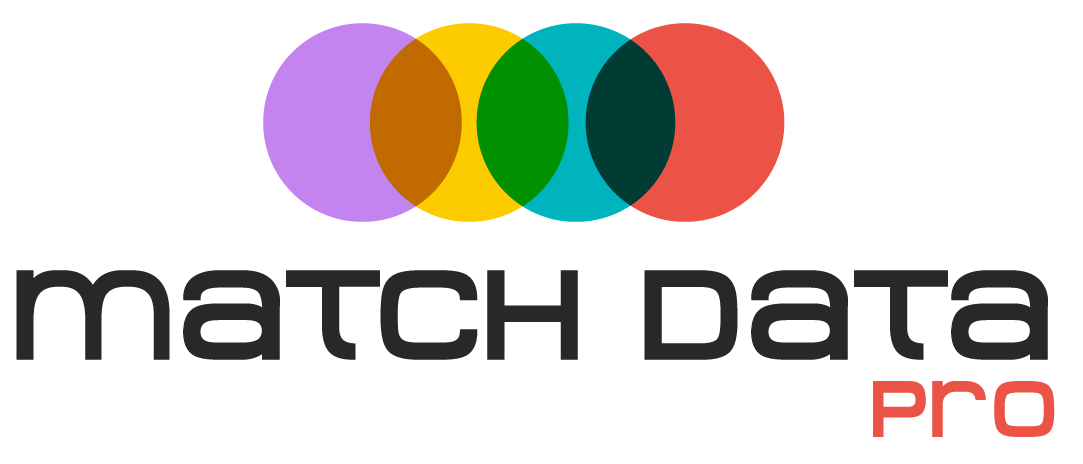In today’s data-driven world, businesses rely heavily on accurate and clean data to make informed decisions. Data quality is paramount; it serves as the foundation upon which effective strategies are built. However, when data is plagued by noise—errors, duplicates, or inconsistencies—it can lead to flawed decision-making, ultimately costing organizations time, resources, and money.
What is Data Quality?
Data quality refers to the condition of a dataset and its ability to serve its intended purpose. High-quality data is accurate, complete, reliable, and timely, enabling businesses to derive meaningful insights. Poor data quality, on the other hand, is characterized by inaccuracies, redundancies, and errors that can distort analyses and lead to misguided decisions.
The Role of Data Quality in Decision Making
When decision-makers rely on data, they assume it is trustworthy. However, if the data is noisy, the resulting decisions may be flawed. For example, a marketing team using erroneous customer data might target the wrong audience, leading to wasted advertising spend and missed revenue opportunities. Similarly, financial forecasting based on incomplete or outdated data can result in poor investment choices, impacting a company’s bottom line.
High-quality data empowers businesses to:
- Identify trends: Clean data allows for the accurate identification of market trends, helping companies stay competitive.
- Improve customer experience: By using reliable data, businesses can better understand customer needs and tailor their services accordingly.
- Optimize operations: Accurate data supports efficient resource allocation, reducing waste and improving profitability.
The Cost of Noisy Data
Noisy data—data that is inaccurate, incomplete, or duplicated—can have significant financial implications for businesses. According to a report by IBM, the cost of poor data quality in the U.S. alone is estimated at $3.1 trillion per year. This staggering figure highlights the widespread impact of data noise across industries.
The costs associated with noisy data include:
- Increased operational costs: Inaccurate data can lead to inefficiencies, such as rework or redundant processes, driving up operational costs.
- Missed revenue opportunities: Flawed data can cause businesses to miss out on potential sales or market opportunities.
- Damaged reputation: Consistently making decisions based on poor data can erode customer trust and damage a company’s brand reputation.
- Regulatory penalties: In industries like finance and healthcare, inaccurate data can lead to compliance violations, resulting in hefty fines.
Strategies for Improving Data Quality
To mitigate the risks associated with noisy data, businesses must prioritize data quality management. This involves:
- Data cleansing: Regularly cleaning data to remove errors, duplicates, and inconsistencies.
- Data validation: Implementing processes to verify the accuracy and completeness of data at the point of entry.
- Data governance: Establishing clear policies and procedures for data management, including accountability and stewardship roles.
By investing in data quality initiatives, businesses can enhance their decision-making processes, reduce costs, and improve overall performance.
Conclusion
Data quality is a critical factor in effective decision-making. Noisy data can lead to costly mistakes, missed opportunities, and damage to a company’s reputation. By understanding the importance of clean, reliable data, and implementing robust data management practices, businesses can avoid the pitfalls of poor data quality and drive better outcomes.
